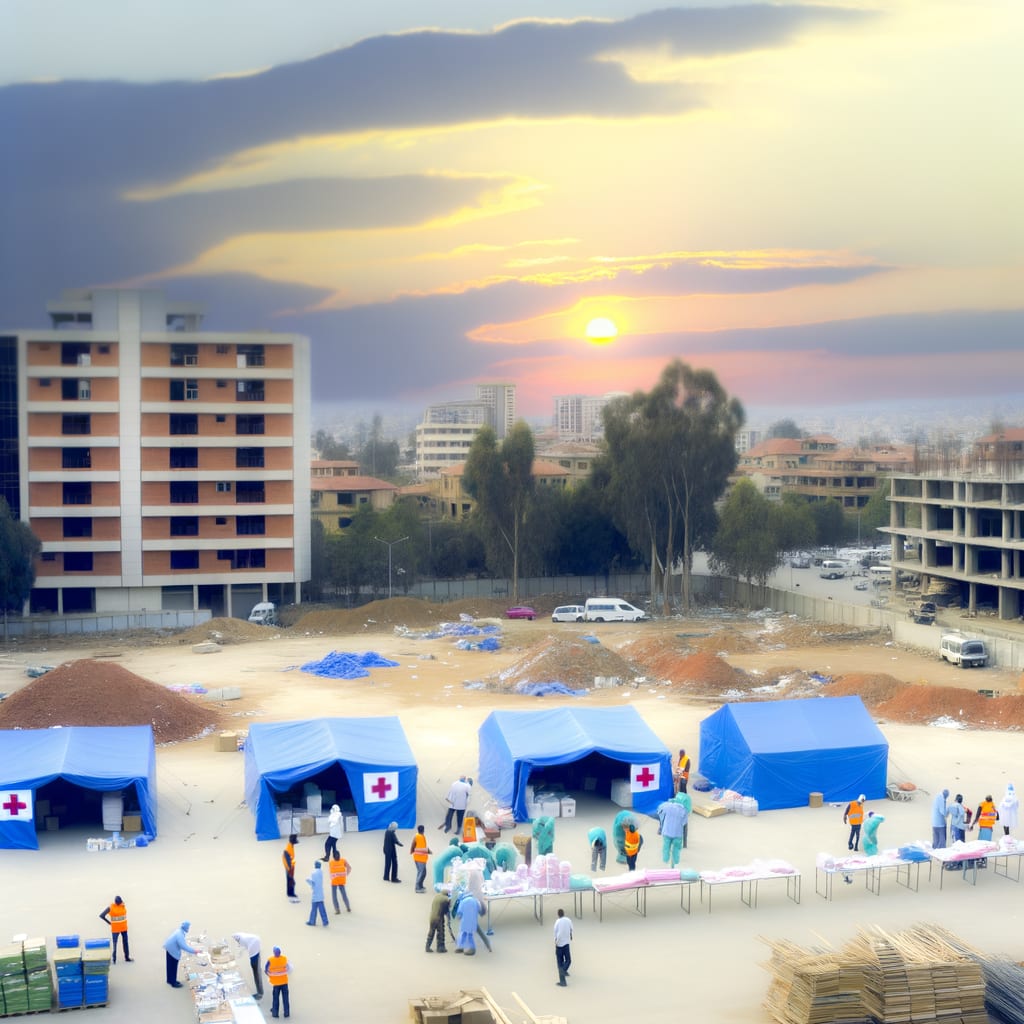Gaza Faces Monumental Task of Post-War Reconstruction Amid Health Crisis
The Gaza Strip, home to over 2 million Palestinians, is grappling with an unprecedented humanitarian crisis following two years of conflict. As a result, over 170,000 people are in dire need of medical care, according to Munir al-Barsh, the director-general of the Ministry of Health in Gaza. Efforts to restore basic necessities and rebuild the region face colossal challenges with an estimated $70bn cost, according to the United Nations.
The Aftermath of the Conflict
The densely packed cities were severely hit during the conflict. A report from Gaza’s Government Media Office reveals that the region now has around 70 million tons of rubble and 20,000 unexploded bombs, resulting in one of the worst humanitarian and structural disasters in recent history. The catastrophe has obstructed humanitarian aid, rescue missions, and relief efforts, with Israel blocking the entry of heavy machinery and essential tools by closing all border crossings.
The conflict has also led to a significant health crisis. The World Health Organization (WHO) has warned of infectious diseases spiraling out of control. Only 13 of Gaza’s 36 hospitals are partially functioning, and major surgical interventions are proving to be a 'real challenge,' according to Doctors Without Borders.
Catastrophe Amid Reconstruction
As the UN embarks on a massive 60-day plan to intensify food supply, distribute a million meals per day, and start rebuilding the health sector, the task ahead is monumental. UNICEF reported that 90% of homes in Gaza have been damaged or destroyed, rendering most of the population homeless.
UN humanitarian chief Tom Fletcher, who recently inspected a wastewater treatment plant in northern Gaza City, described the state of the city as a 'wasteland' and highlighted the widespread devastation that has deepened the crisis. Fletcher acknowledged the 'huge job' ahead to get vital supplies to those in need and restore basic services.
While aid continues to flow into Gaza following Donald Trump's ceasefire deal, the claims about the famine conditions have faced scrutiny. The Integrated Food Security Phase Classification (IPC) had claimed that famine conditions took hold in Gaza this summer. However, David Adesnik, vice president of research at the Foundation for Defense of Democracies, questioned the veracity of these claims, stating that the famine in Gaza directorate should by now have resulted in about 9,000 deaths from hunger or hunger-related disease,
but the data showing this mortality rate has not been reached.
Conclusion
The UN has set a 60-day timeline to reverse the catastrophe, but the task is massive. As the international community faces the monumental task of rebuilding Gaza, the urgent need for medical aid, food supplies, and basic infrastructure remains a significant challenge. The conflict has left deep scars on the region, with vast parts of Gaza City transformed into a wasteland, and the recovery process is expected to be long and arduous.

